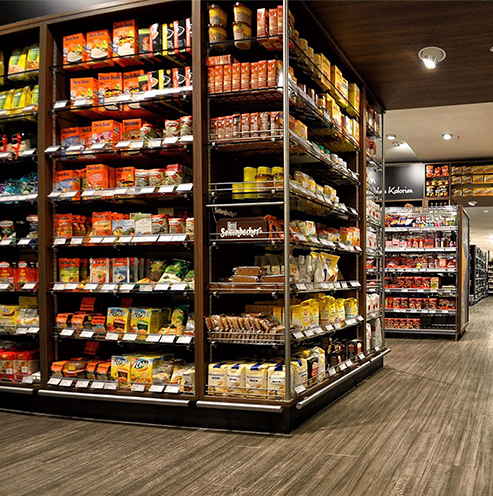Eco-Friendly Takeout Bags for a Sustainable Future and Reduced Plastic Waste
The Significance of Biodegradable Take-Out Bags in Sustainable Living
In recent years, the global conversation surrounding environmental sustainability has gained significant traction. One of the key areas of concern is the excessive use of plastic, particularly in the food service industry. Traditional plastic take-out bags are a major contributor to pollution, taking hundreds of years to decompose and often ending up in landfills, oceans, and other natural habitats. Thus, the emergence of biodegradable take-out bags presents a promising solution to mitigate this pressing issue.
The Significance of Biodegradable Take-Out Bags in Sustainable Living
One of the most compelling benefits of biodegradable take-out bags is their ability to reduce plastic pollution. Every year, millions of tons of plastic waste are generated, with much of it finding its way into the oceans, where it harms marine life and disrupts ecosystems. By replacing conventional plastic bags with biodegradable alternatives, restaurants and consumers can help diminish the pressure on our planet's resources. Furthermore, as consumers become increasingly eco-conscious, businesses that adopt sustainable practices, such as using biodegradable bags, can enhance their brand image and attract a wider customer base.
biodegradable take out bags

Despite their environmental benefits, the transition to biodegradable take-out bags is not without challenges. For instance, not all biodegradable materials decompose at the same rate, and the conditions under which they break down can vary significantly. This leads to concerns about the actual efficacy of some biodegradable products and their potential to be just as harmful as traditional plastics if not disposed of properly. Consumers need to be educated on the importance of industrial composting or the right disposal methods to ensure that these bags fulfill their eco-friendly promise.
Moreover, the cost of biodegradable take-out bags can be higher than conventional plastic bags. This price difference can be a significant barrier for small businesses just trying to keep their operating costs manageable. However, as awareness grows and the production of biodegradable materials becomes more widespread, it is anticipated that the costs will decrease, making these options more accessible to everyone.
On a broader scale, the shift towards biodegradable take-out bags reflects a larger societal movement towards sustainability. The adoption of these bags is just one component of a comprehensive strategy to reduce waste and embrace environmentally friendly practices. Other initiatives, such as reducing single-use items, encouraging consumers to bring their own containers, and fostering a culture of recycling, are crucial for driving significant change.
In conclusion, biodegradable take-out bags represent a vital step in the fight against plastic pollution and the promotion of sustainable living. While there are challenges to overcome, the benefits they offer in terms of reducing waste and protecting our environment are undeniable. As consumers and businesses alike continue to embrace more eco-friendly practices, the future of the food service industry can be transformed into one that prioritizes both convenience and environmental responsibility, paving the way for a cleaner and healthier planet for generations to come.
-
The Best Uses for Small Trash Bags in Daily LifeNewsJul.01,2025
-
Stylish Reusable Grocery Bags TrendsNewsJul.01,2025
-
Shipping Advantages of Using Bubble Envelopes BulkNewsJul.01,2025
-
How Compostable Mailing Bags Reduce Environmental ImpactNewsJul.01,2025
-
Environmentally - Friendly Bulk Poly MailersNewsJul.01,2025
-
Eco Friendly Custom Laminated Tote BagsNewsJul.01,2025
-
Have the freedom of customizing your custom mailers any way you want! Our dedicated packaging support will help deliver you the mailing experience you need to elevate your shipping experience to the next level! Start making a strong impression on your customers and stand out from your competitors! -
LIYA uses high quality raw materials which directly purchased from large enterprises domestic and overseas such as PetroChina, Sinopec, Sabic, Equate, ExxonMobil, Dow Chemical, Total, and Borouge, ensuring the price advantage and quality of the raw materials. -
LIYA uses high quality raw materials which directly purchased from large enterprises domestic and overseas such as PetroChina, Sinopec, Sabic, Equate, ExxonMobil, Dow Chemical, Total, and Borouge, ensuring the price advantage and quality of the raw materials.





